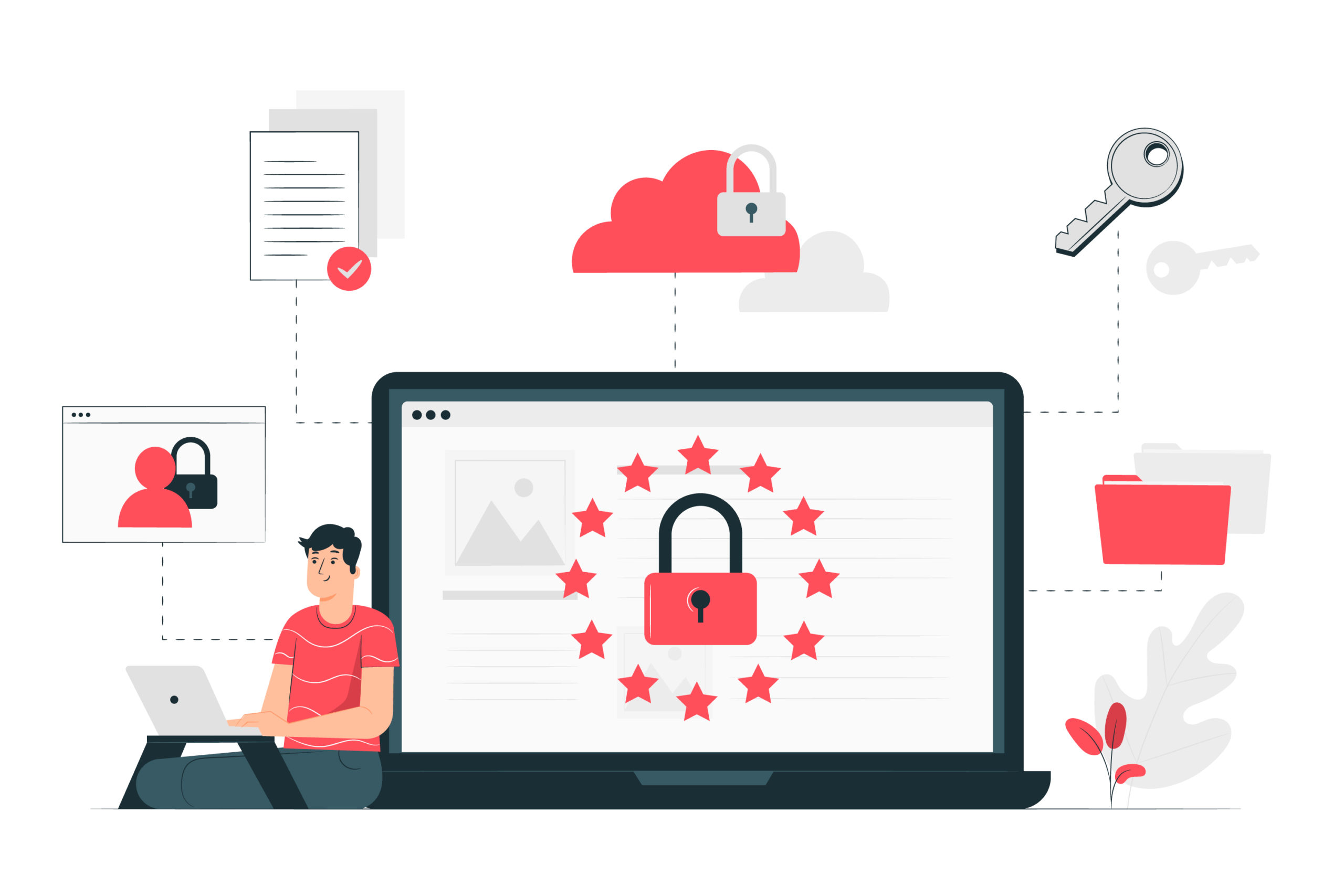7 reasons to embrace DevSecOps today

What is DevSecOps? DevSecOps is…. but let’s take an instance.
What if I tell you at the beginning of your driving class that no matter how wrong you drive you will not meet with an accident, won’t that make you feel more secure as security is being embedded in the beginning only. Many organizations often give security the last priority in the race of rolling out their product and services, not leaving enough time to take care of all the loopholes and vulnerabilities that may arise. The DevOps team focuses on building a fast development cycle while the Security team focuses on building a safer cycle and continues to work separately, often slowing progress.
What is the use of the most effective development, when the security of the organization is at stake? We believe that security must be engineered in every core of your organization. So, many companies are adding security culture to their DevOps pipelines and named the approach DevSecOps. We need to work on integrating vulnerability assessment into what is known as CID/CD systems.
DevOps VS DevSecOps
“Development + Operation = DevOps but a more integrated approach would be Development + Security + Operations = DevSecOps”
Most organizations go with an approach that assigns security at the end of the development cycle that tarnishes the security of the service/product and leads to halting the speed of rolling out the product/service.
What if I tell you, you need not choose between an agile development or necessary security if you make a shift towards a better approach from DevOps to DevSecOps.
DevSecOps helps you in fixing the ongoing problem rather than waiting for the development team to complete their work first, which leads to less friction when compared to DevOps.

Why DevSecOps?
- DevSecOps is a proactive and holistic approach towards security as it helps in identifying problems before they become major issues.
- Including security will reduce your time to rework the problems before deployment.
- If your products and services are being improved continuously over a longer period it makes it more effective and generates a better reputation than the competitors.
- Improves the collaboration between the two teams who earlier worked together in silos, as the security team now feels they are part of the development team working together towards a common objective.
- Helps you not lose your potential clients, as debugging errors after deployment is not only more difficult when compared to the beginning of source code but will tarnish your reputation at stake.
- Foster innovation, pace, communication between team members and a culture of openness from the beginning of the development cycle.
- Checking vulnerabilities at each stage will reduce the cost of the development cycle as it takes 2-3x more to remediate security defects after deployment compared to pre-deployment and the DevSecOps model lets you do that.
Pillars that make the foundation of DevSecOps strong
People → Process → Technology → Governance
People – The first question is, Is your organization ready for a quantum leap? If yes, great if not educate and give them essential training so that they don’t feel that the leap would be difficult, tell them security is not a hindrance rather a mindset which is important to embrace.
Process – Make your process such that secure development is the outcome rather than just development, try to build a cohesive cycle. Development should always be a collective process that will include security as an important part.
Technology – Planning is important but what is its use if your technology can’t enable automated processes, that will lead to effective management of security at the right time.
Governance – Least talked about element of the DevSecOps Model is governance. Governance helps you in creating a balance between the other three elements and tells us which area we need to focus on.
Who doesn’t want a right ending?
Integrating security in DevOps would create a very strong foundation for our stakeholders, as it shifts power away from the vulnerabilities and works in our favour.
Moreover, DevSecOps codifies policies and best practices into tools and underlying platforms, enabling security to become a shared responsibility of the entire IT organisation. So, you should look for a 360-degree approach to your organization by not only eliminating today’s vulnerabilities but taking an approach towards solving potential threats in the future.
Eliminate silos today and create a collective focus.
If you like this, you might find this insightful
Know more
https://www.nextgov.com/ideas/2021/07/achieving-better-outcomes-managed-devsecops-services/183865/






